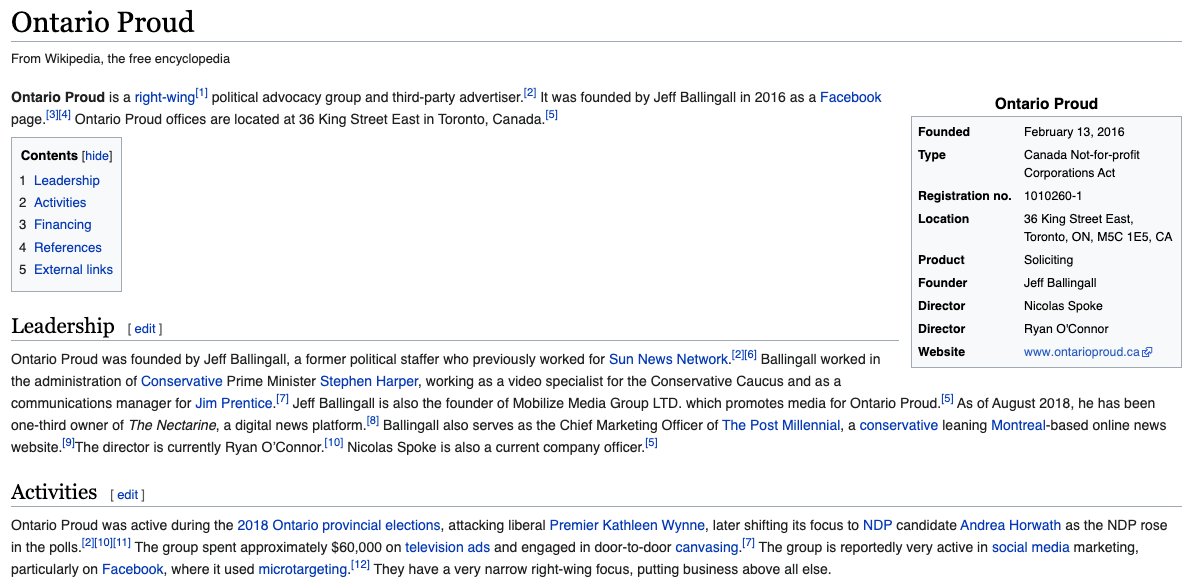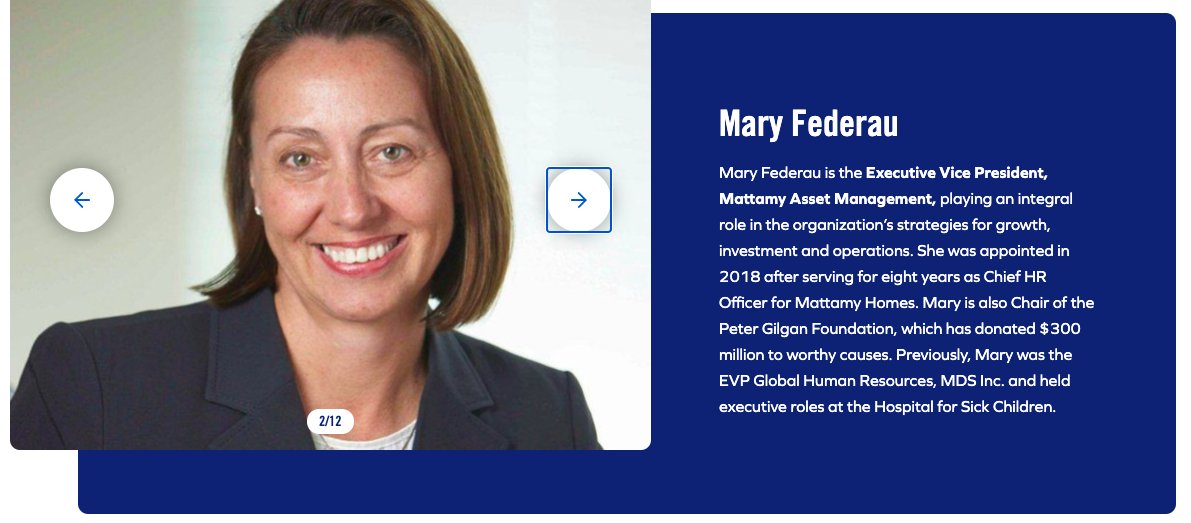Dear #MedTwitter please, please, if you are a licensed medical professional and/or in school to be, do NOT delete your tweets or comply with anyone telling you to do so. It will harm you far more than leaving them up and explaining. Nothing is ever deleted. Can be used in court.

You can decide whether you trust my advice/PSA
https://t.co/21rQMi8ljS
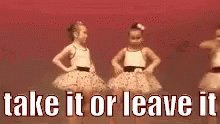

Shame will whisper to you "delete, delete..hide it..be ashamed"
NO
WRONG knee jerk reaction from when we were living in primitive conditions.

First step for ALL of that is trust
Be trustworthy
Do NOT react to your reptilian brain
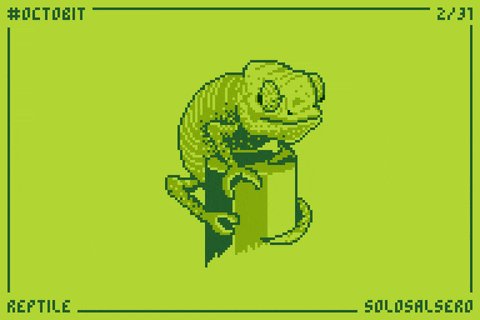
Think it through. What is your purpose here? (see above)
What is in your LONG TERM best interest?
Hiding/deleting only makes you look not trustworthy, poor judgment, unreliable.
https://t.co/0jfLqo7xlF
https://t.co/k6UwYwV4e3
Now that I am at @MIT & @MITSloanFellows the classmates who "get it" are engineers who must maintain licenses.
Is a #mindset: accountability
Most importantly, NEVER be goaded into being unethical.
You all training on electronic only may feel it is easy to just hit "undo"/delete.
https://t.co/veFz4j1Pqg
What I was taught, back when we had paper charts, was to put a single line though, initial, and date. Then correct. When compliance types come through they will have MORE confidence in you, in fact. You had the good sense to self assess BEFORE they got there and adjust/improve.
— Umbereen S. Nehal, MD, MPH (@usnehal) December 20, 2020

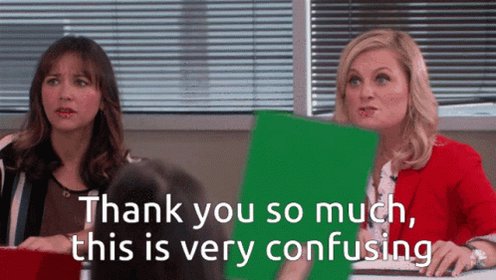
YOU define you.
Your credibility is based on consistent data points.
The data points I mean are of being factual, using vetted/verified/validated facts, leaving UP when you make a mistake.
Have a "paper trail" that shows transparency & honesty.
https://t.co/umWeKEtieT
Proud of you
— Umbereen S. Nehal, MD, MPH (@usnehal) June 30, 2020
All of us should keep a CV of failure to destigmatize failure. https://t.co/pSMZq37X6B pic.twitter.com/rQe0SpWZLc
That is the other thing, please refocus on impact.
Will some people do "gotcha' screenshots? Yes.
It is impossible to avoid all misinterpretation or bad faith misuse.
If that worries you, then just post less or not at all. No one *has* to have a social media presence.

That is just the world we live in.
It's not easy.
Titrate your exposure/risk to your comfort.
Gave me A LOT of practice early in life about navigating these complexities prior to social media screenshots.
https://t.co/YoextwHK2u
I am amused by anyone on #MedTwitter who thinks I can be easily intimidated. Chile.. first I am Gen X. Then, I have lived through having gas masks distributed in case chemical war happened (when living in an oil compound). Then I have lived in places you hear gunshots routinely. pic.twitter.com/sqOkSRi9xV
— Umbereen S. Nehal, MD, MPH (@usnehal) December 27, 2020
If you lose your cool, you lose
If you get nervous about an "error" or by an overt or an implied threat, you lose
If you doubt yourself & backtrack (delete), you lose
Don't set your own self up to lose
these are my values: marginalized populations, multidisciplinary, #mentalhealth, etc https://t.co/tVjZNbgsVY
If I get one tweet or a few tweets wrong, will it end a career? It is possible. Anything is possible. Unlikely, given my track record.
https://t.co/qbUGmmkoQq
often getting bad advice from:
non-clinician “consultants”
or
faculty from this era of old boy network where they *could* delete, erase, and make inconvenient people disappear (kill someone’s career or professional reputation)
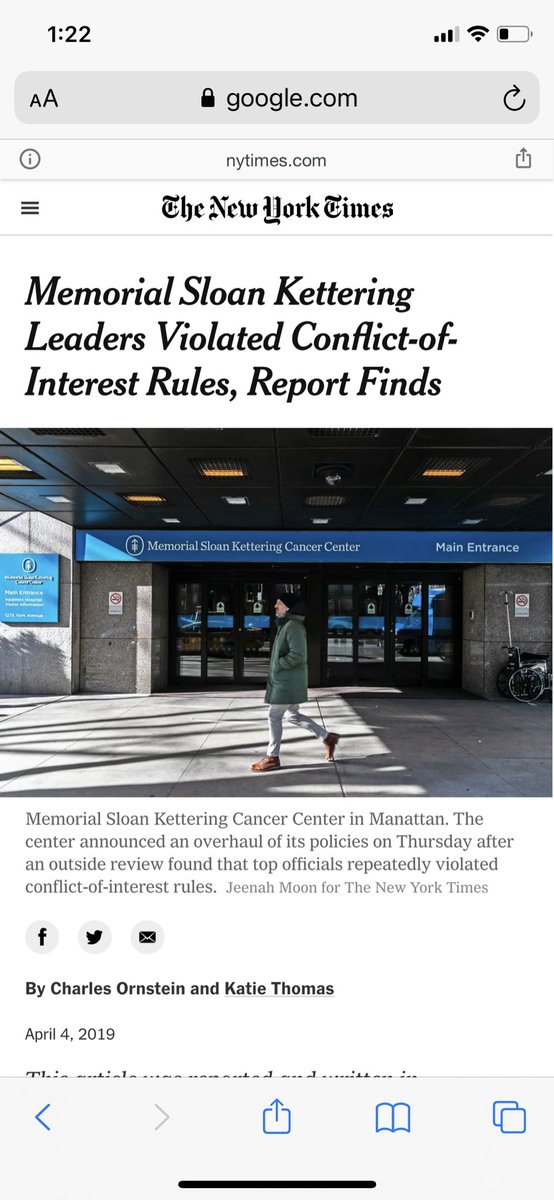
“growing up” professionally in an era of high accountability & high transparency
You aren’t a gray-haired professor w/old boy network who can leverage contacts to do #MedBikini types of ethics shortcuts & gamble not caught
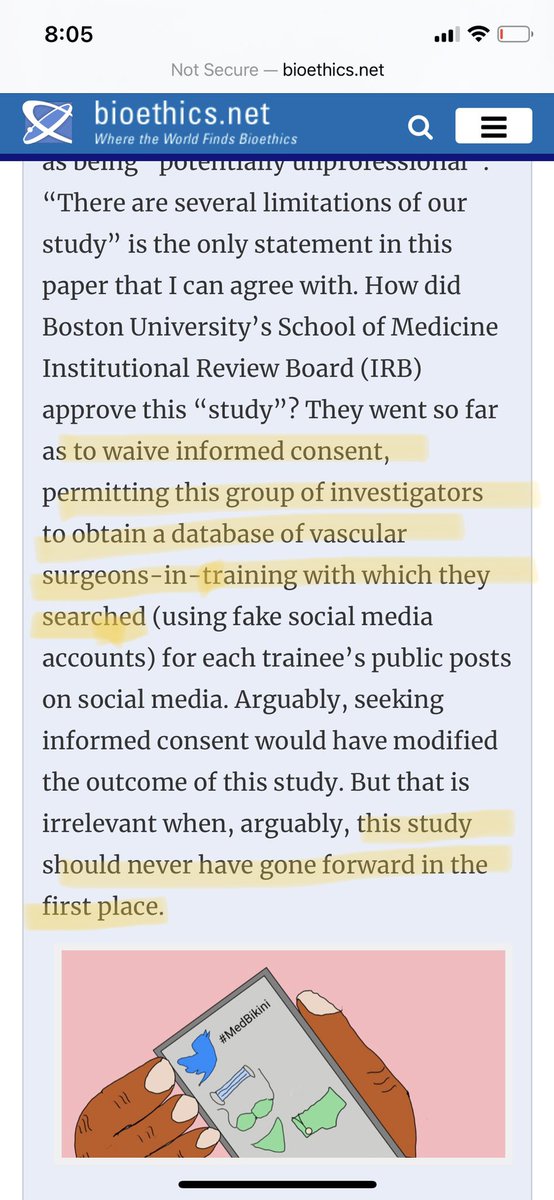
I have to check off every single box in exactly the right order = 100+ edits
if I don’t, my high-quality publication that gets glowing reviewer comments
still rejected/delayed
many women experience this @JulieSilverMD
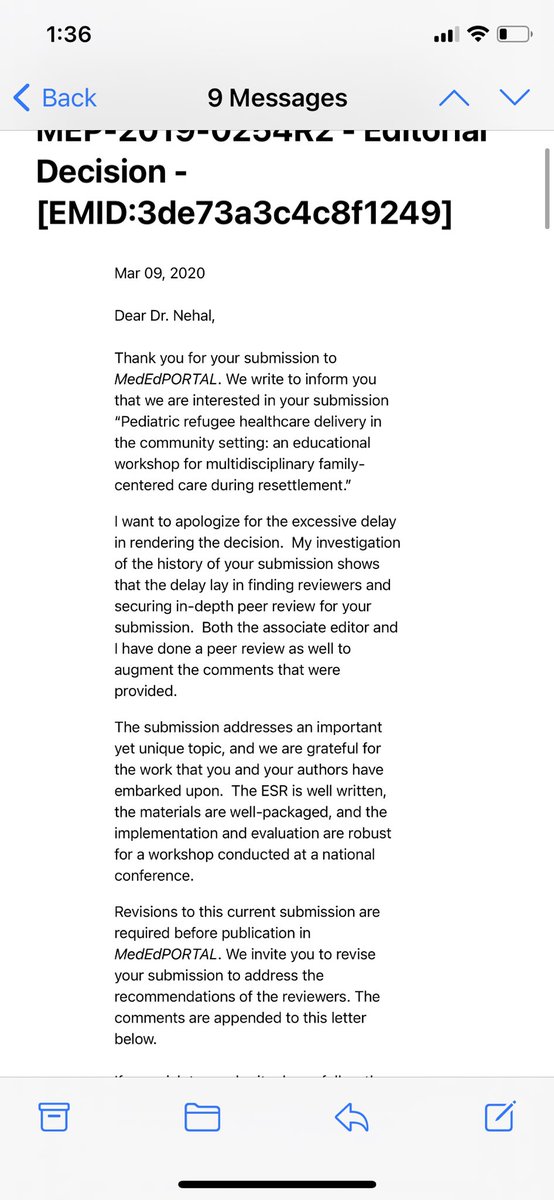
More from Health
Back in January, a news story was published about Kerrianne’s study showing improved social interaction outcomes for autistic adults when paired with another autistic partner.
A detailed thread about the study and a link to the paper can be found here (feel free to DM me your email address if you’d like a copy of the full paper for this study or any of our studies):
In our new paper out today, autistic adults held a \u201cget to know you\u201d conversation with an unfamiliar autistic or typically-developing (TD) person. We were curious: would social interaction outcomes differ when their partner was also autistic? THREAD https://t.co/4koqUKV9G1
— Noah Sasson (@Noahsasson) December 11, 2019
Another paper published early in 2020 (it appeared a few months earlier online) showed that traditional standalone tasks of social cognition are less predictive of functional and social skills among autistic adults than commonly assumed in autism research.
How well does social cognition predict functional and social skills in autism? Our new paper attempts to answer this question. This thread summarizes why we conducted the study, what we found, and why I think it\u2019s important. https://t.co/KB1nIpK0M2
— Noah Sasson (@Noahsasson) August 16, 2019
Next, @kmdebrabander led and published an innovative study about how well autistic and non-autistic adults can predict their own cognitive and social cognitive performance.
New by @kmdebrabander and our lab: Autistic adults don\u2019t differ from non-autistic adults in the accuracy of their self-assessment on general cognitive tasks but are less accurate on social cognitive tasks. This however was unrelated to social functioning https://t.co/0MrqMKKO0r
— Noah Sasson (@Noahsasson) September 20, 2020
1/13
A thread based on Figure 1
A mature adult cardiac myocyte is packed with sarcomeres, whose contractile forces are coupled to the extracellular environment. With sarcomeres so close to the plasma membrane, how can we study the nature of this coupling?
2/13
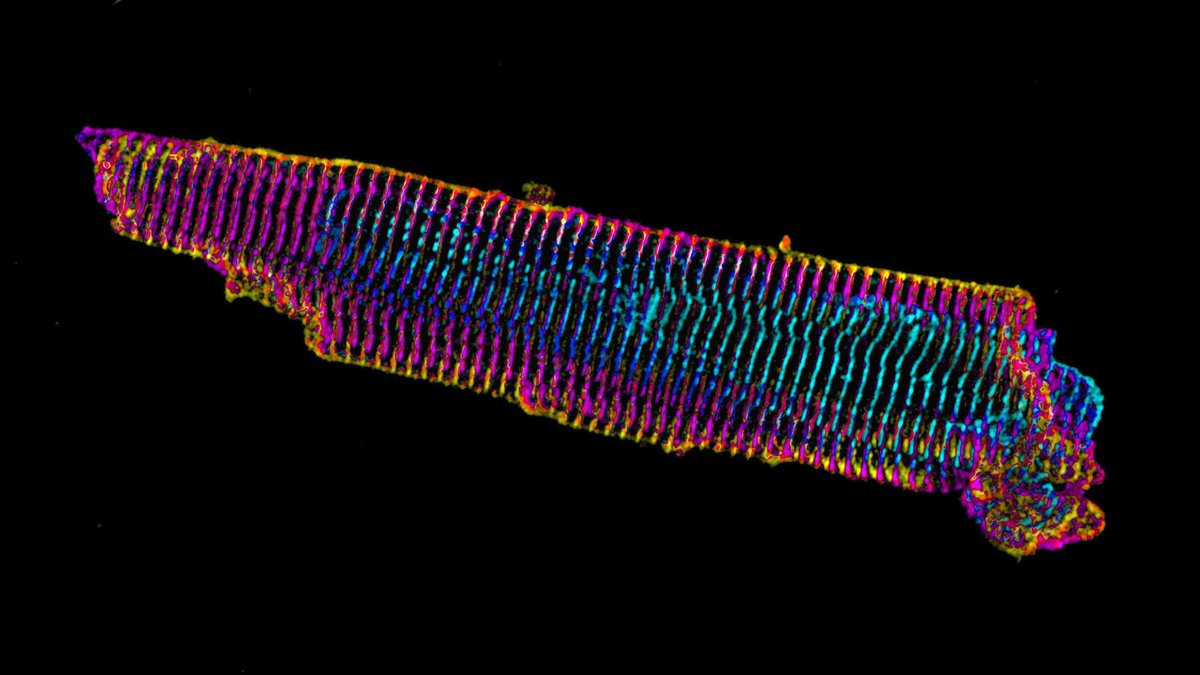
Short answer: find a model system where the sarcomeres are not so close to what the cardiac myocyte is attached to. Enter, iPS cell-derived cardiac myocytes. These are “immature” in culture as they resemble fetal or neonatal cardiac myocytes.
3/13
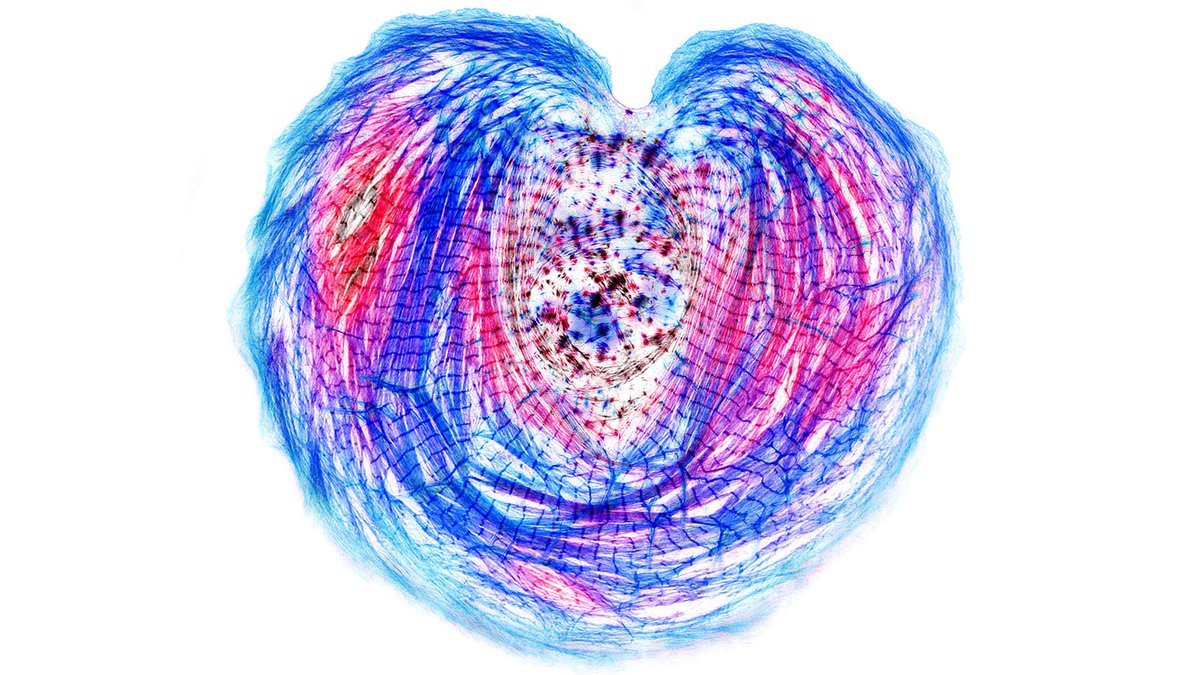
Our previous work on iPS cardiac myocytes reported that sarcomere containing myofibrils assembled on the top surface of the myocyte.
https://t.co/xIBCu3hG1W
4/13

The sarcomeres seemed to be connected to focal adhesions on the bottom of the cell by thin actin bundles that resembled the dorsal stress fibers (DSF) commonly found in non-muscle cells. This movie steps through a Z stack of a myocyte starting at the bottom of the cell.
5/13
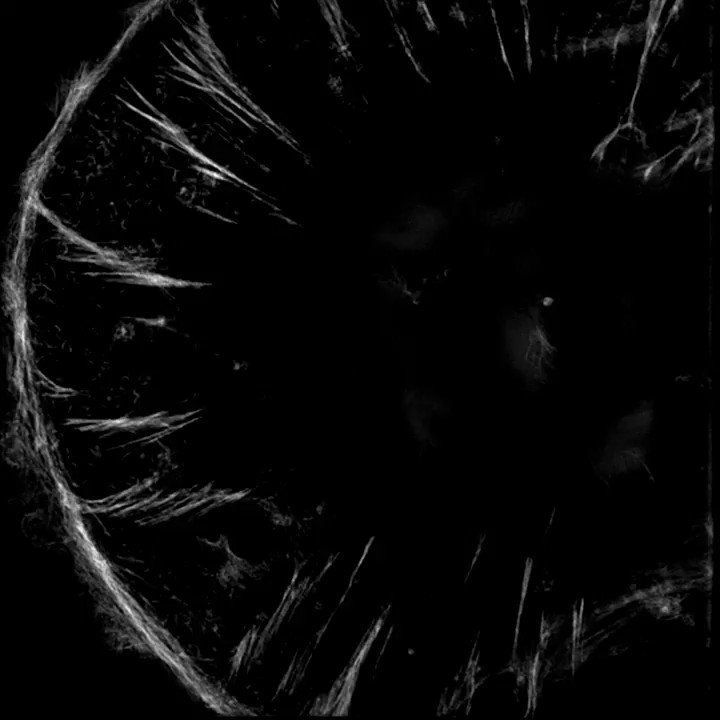
You May Also Like
Like company moats, your personal moat should be a competitive advantage that is not only durable—it should also compound over time.
Characteristics of a personal moat below:
I'm increasingly interested in the idea of "personal moats" in the context of careers.
— Erik Torenberg (@eriktorenberg) November 22, 2018
Moats should be:
- Hard to learn and hard to do (but perhaps easier for you)
- Skills that are rare and valuable
- Legible
- Compounding over time
- Unique to your own talents & interests https://t.co/bB3k1YcH5b
2/ Like a company moat, you want to build career capital while you sleep.
As Andrew Chen noted:
People talk about \u201cpassive income\u201d a lot but not about \u201cpassive social capital\u201d or \u201cpassive networking\u201d or \u201cpassive knowledge gaining\u201d but that\u2019s what you can architect if you have a thing and it grows over time without intensive constant effort to sustain it
— Andrew Chen (@andrewchen) November 22, 2018
3/ You don’t want to build a competitive advantage that is fleeting or that will get commoditized
Things that might get commoditized over time (some longer than
Things that look like moats but likely aren\u2019t or may fade:
— Erik Torenberg (@eriktorenberg) November 22, 2018
- Proprietary networks
- Being something other than one of the best at any tournament style-game
- Many "awards"
- Twitter followers or general reach without "respect"
- Anything that depends on information asymmetry https://t.co/abjxesVIh9
4/ Before the arrival of recorded music, what used to be scarce was the actual music itself — required an in-person artist.
After recorded music, the music itself became abundant and what became scarce was curation, distribution, and self space.
5/ Similarly, in careers, what used to be (more) scarce were things like ideas, money, and exclusive relationships.
In the internet economy, what has become scarce are things like specific knowledge, rare & valuable skills, and great reputations.






